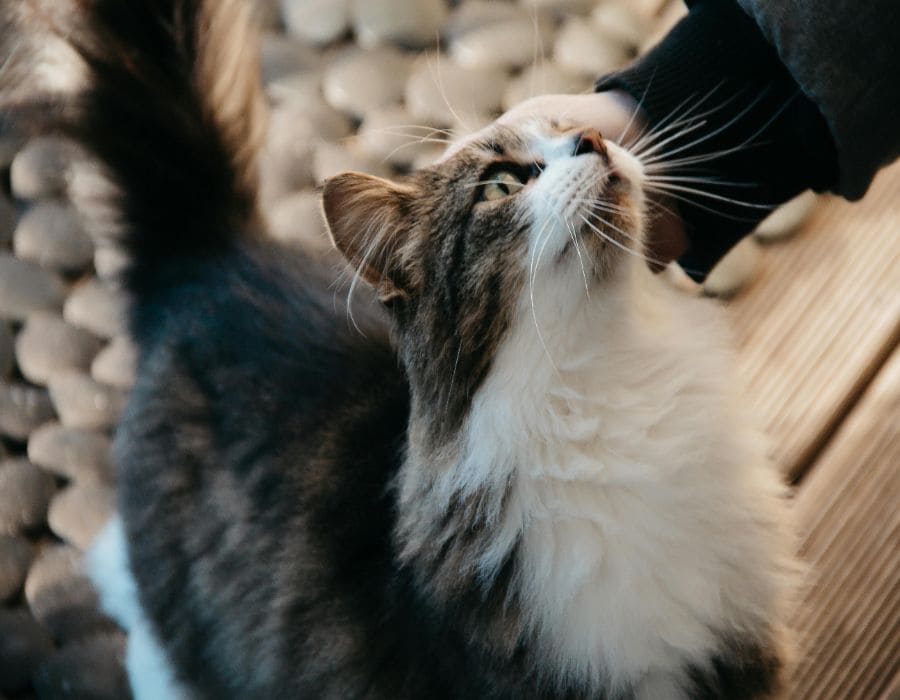12 Things Vets Wish You Knew About Cats
Cats are often seen as independent and low-maintenance, but the reality is that they have unique and sometimes complex needs. As pet owners, it’s easy to miss the subtle signs or overlook certain aspects of feline care.
Veterinarians, with their expertise and experience, understand the nuances of feline health and behavior. They wish more pet owners knew these insider tips to ensure their cats live long, healthy, and happy lives. Let’s explore the lesser-known aspects of cat care.
Cats Can Have Heart Disease Without Showing Symptoms
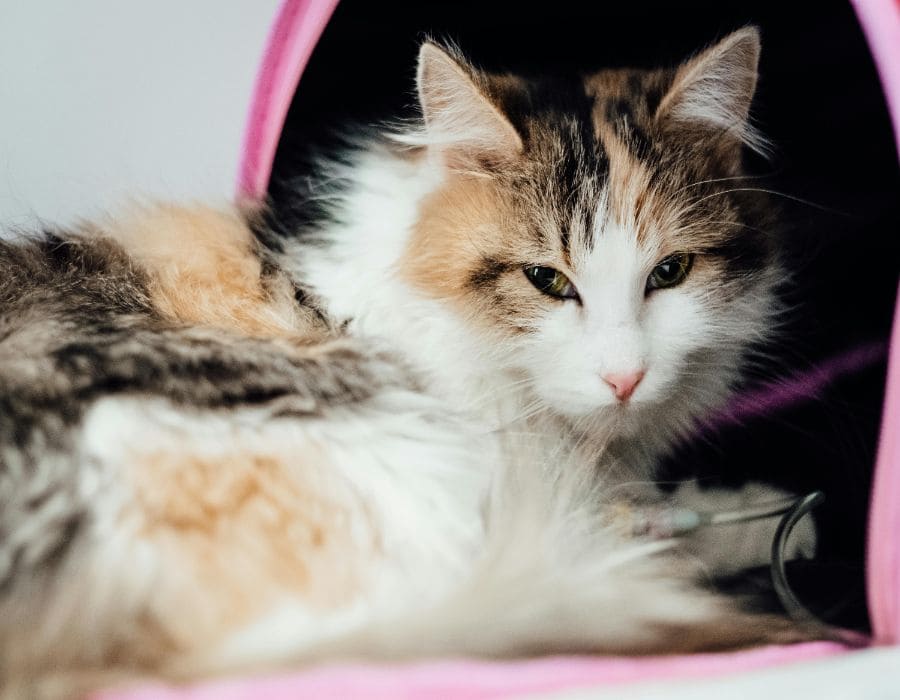
Unlike dogs, cats don’t often display obvious signs of heart disease until it’s quite advanced. Subtle signs like increased lethargy or changes in breathing should not be ignored. Routine heart checks are essential, especially in older cats or those with genetic predispositions.
Cat Urine Issues Are Often Underdiagnosed
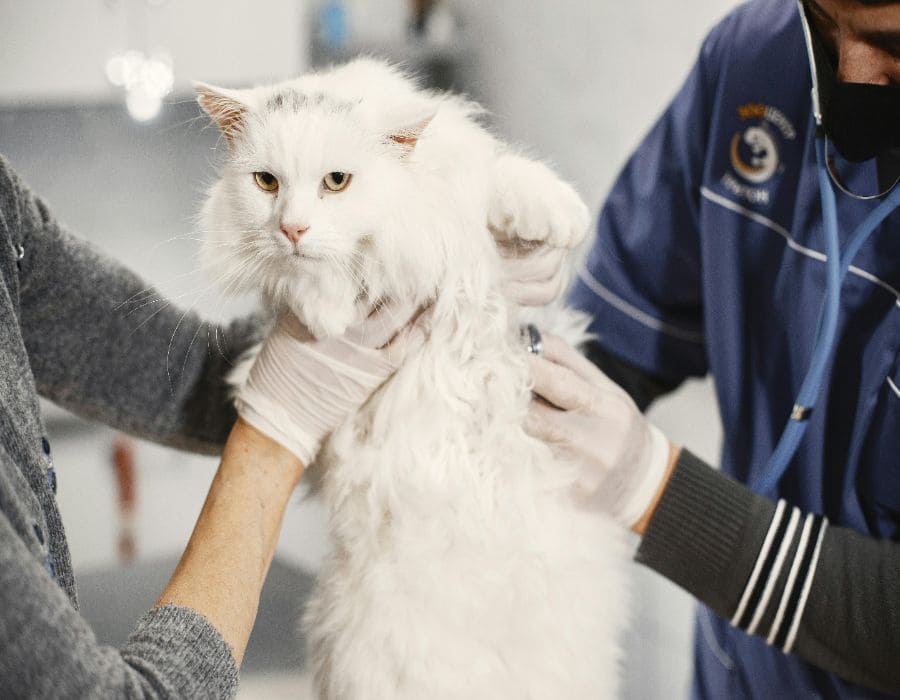
Many owners think their cat’s urine problems are simply behavioral, like marking or spraying. However, urinary tract infections, bladder stones, or kidney disease are common and often overlooked. If your cat is urinating outside the litter box, a vet check is vital to rule out medical conditions.
Cats Don’t Always Show Pain Through Meowing
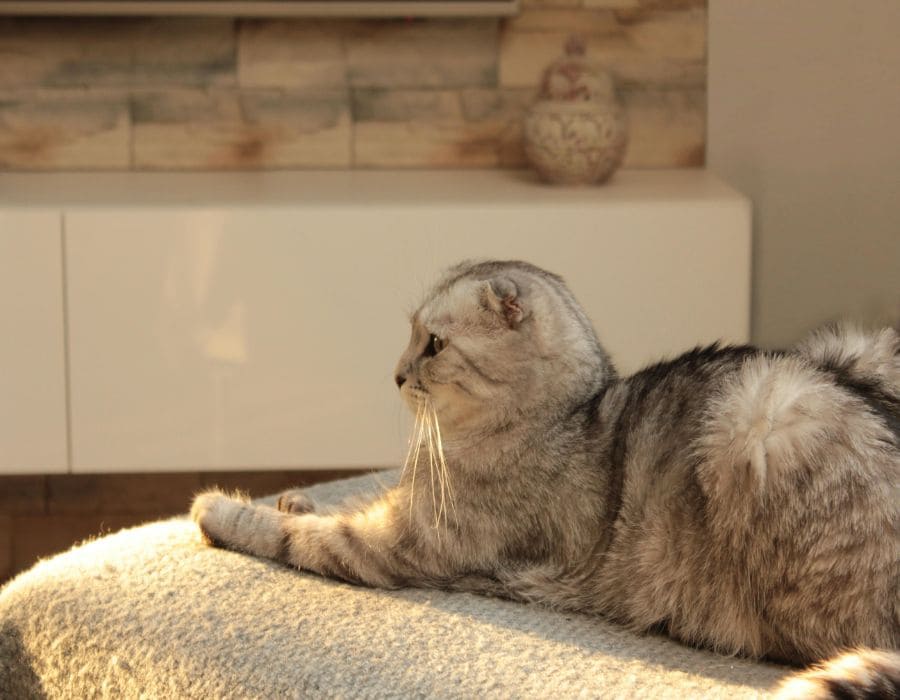
Cats are masters at hiding pain, often suppressing any vocalizations or signs of discomfort. Look for subtle behavior changes such as hiding, changes in grooming habits, or reluctance to jump. Early detection of pain can prevent chronic issues from becoming debilitating.
Their Coat Can Be a Window to Internal Health
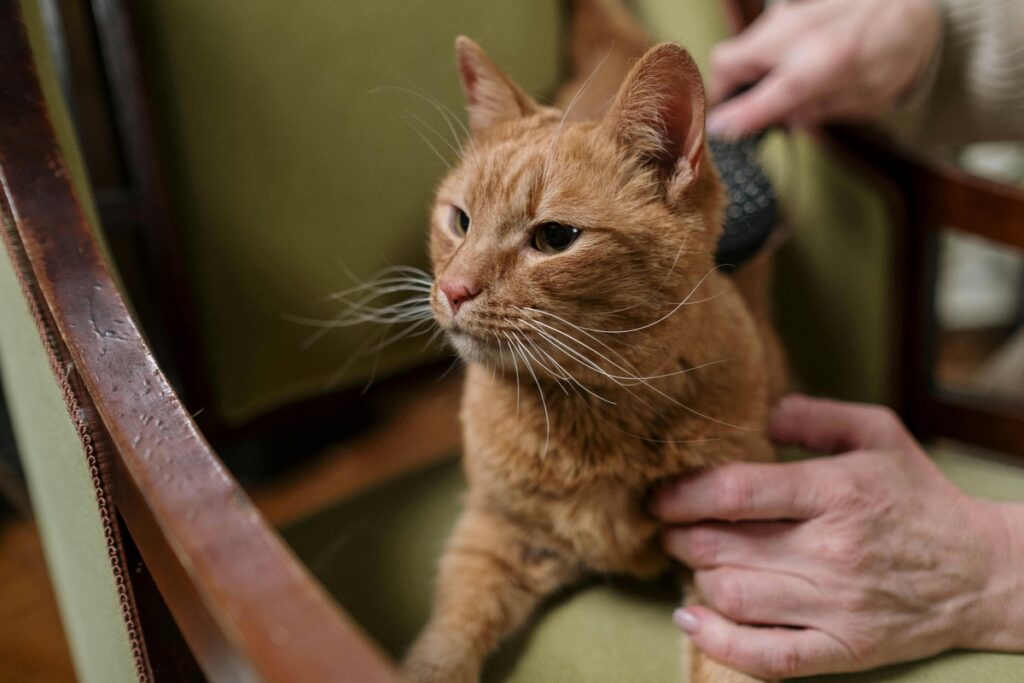
A cat’s coat is not just about appearance; it reflects their overall health. Dull, thinning fur can indicate nutritional deficiencies, stress, or systemic health problems. Keep a close eye on changes in coat texture, as it can help catch issues like hormonal imbalances early.
Cats Need Mental Stimulation to Prevent Cognitive Decline

As cats age, they can develop cognitive dysfunction syndrome (CDS), similar to dementia in humans. Providing mental stimulation through puzzle feeders, training, and interactive play can help delay or reduce the effects of cognitive decline, keeping your cat sharp and engaged.
Overfeeding Doesn’t Always Mean Obesity
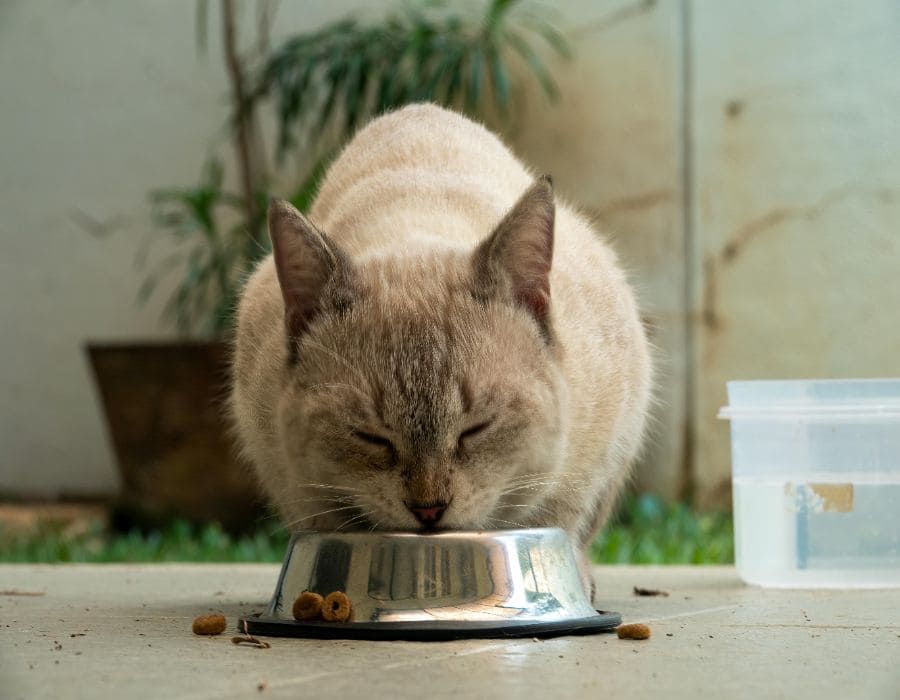
It’s easy to assume that feeding your cat less food can prevent weight gain, but some cats suffer from metabolic disorders like hypothyroidism or diabetes. A proper diagnosis from your vet is crucial before adjusting their diet, as these conditions require targeted treatment.
Dental Disease Can Lead to More Than Bad Breath
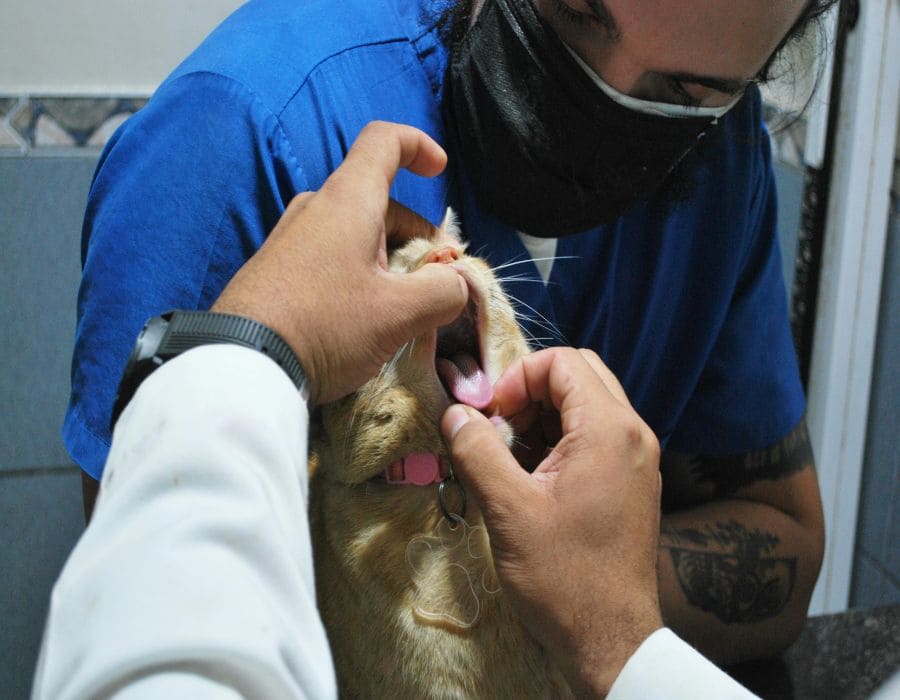
Dental health is often overlooked, but dental disease in cats can lead to serious systemic issues. Left untreated, gum disease can affect the heart, liver, and kidneys. Routine dental checkups and proper oral care at home are essential to maintaining your cat’s overall health.
Stress Can Cause Serious Physical Issues
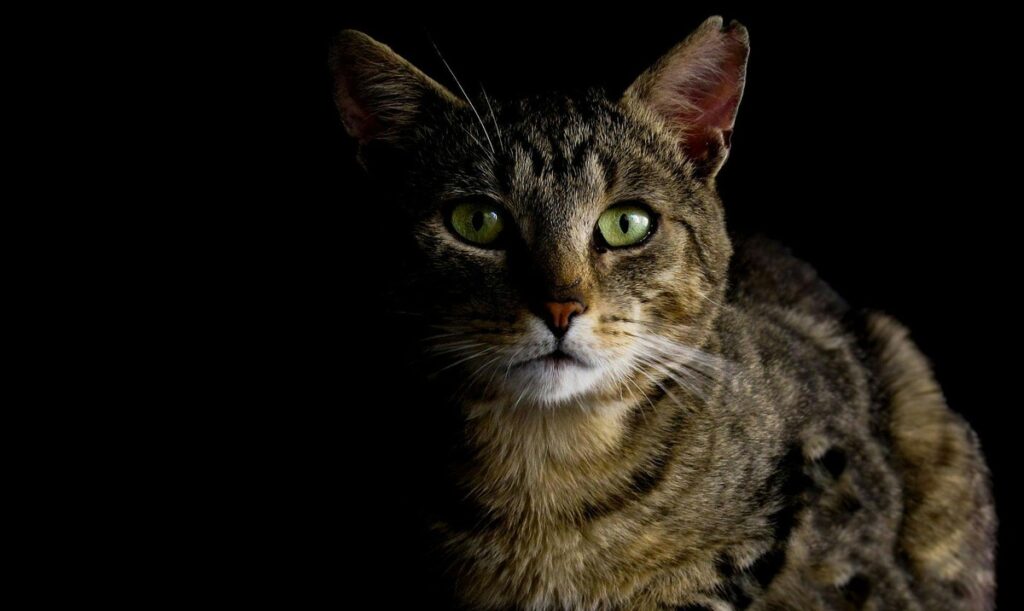
Cats are incredibly sensitive to changes in their environment. Stress can manifest physically through digestive issues, urinary problems, or even hair loss. Be mindful of environmental changes, such as new pets, moving, or changes in routine, as these can trigger serious health concerns.
Not All Cats Are Adept at Self-Grooming
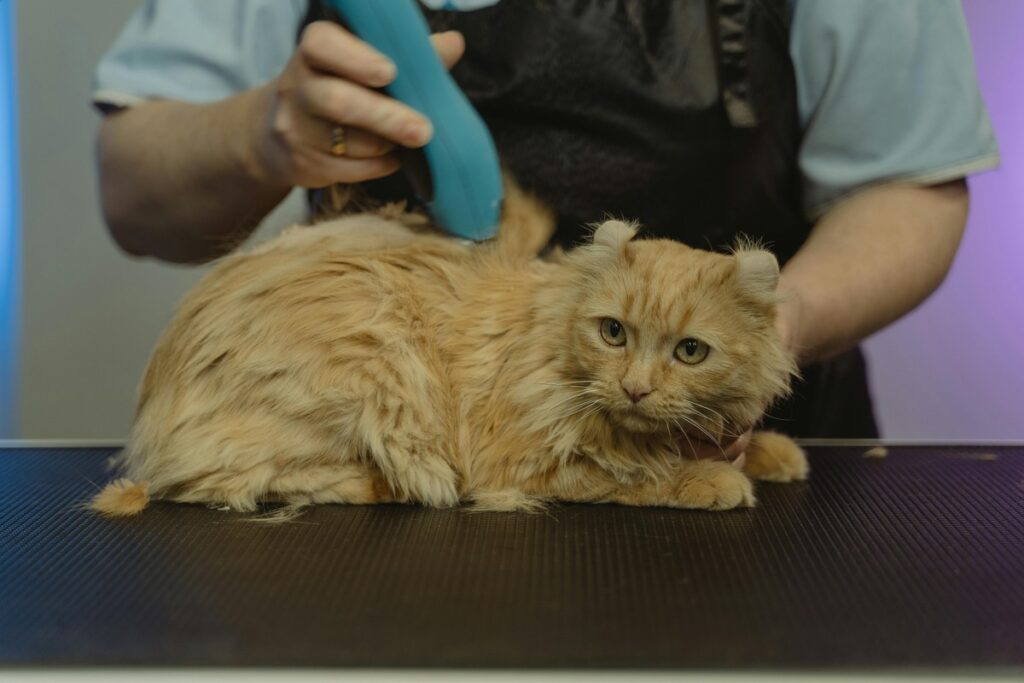
While cats are known for their grooming habits, some breeds or older cats struggle to groom themselves properly. Cats with long coats, such as Persians, may develop mats or skin issues. Regular brushing and grooming are important to avoid painful skin conditions.
Cats Need Regular Parasite Control, Even Indoors
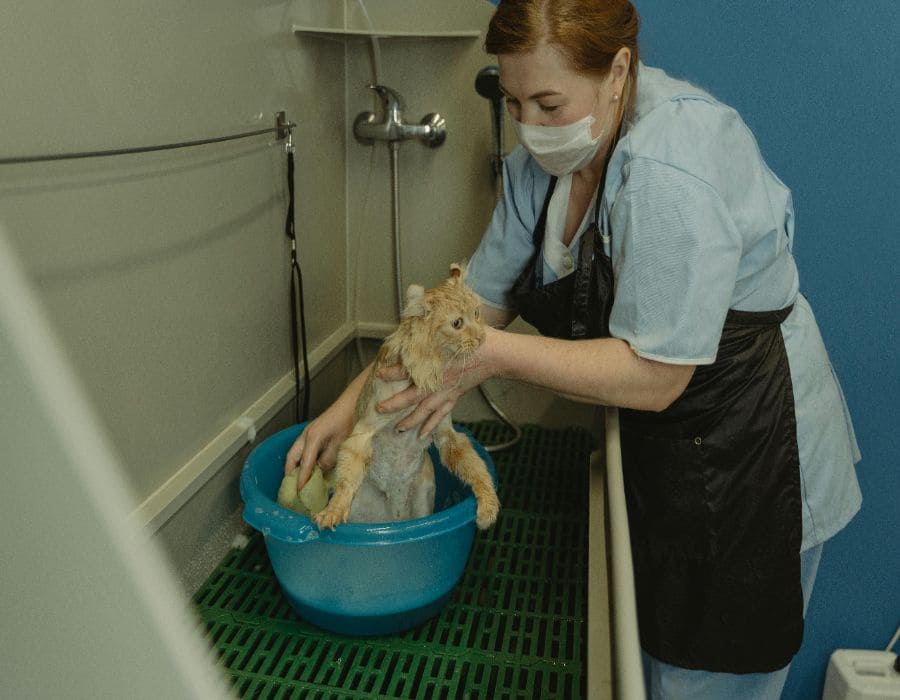
Indoor cats can still pick up parasites, especially if they venture outdoors or interact with other animals. Fleas, ticks, and intestinal worms can affect indoor cats just as much as outdoor ones. Regular parasite control is necessary to keep your cat healthy and comfortable.
Cats Often Don’t Drink Enough
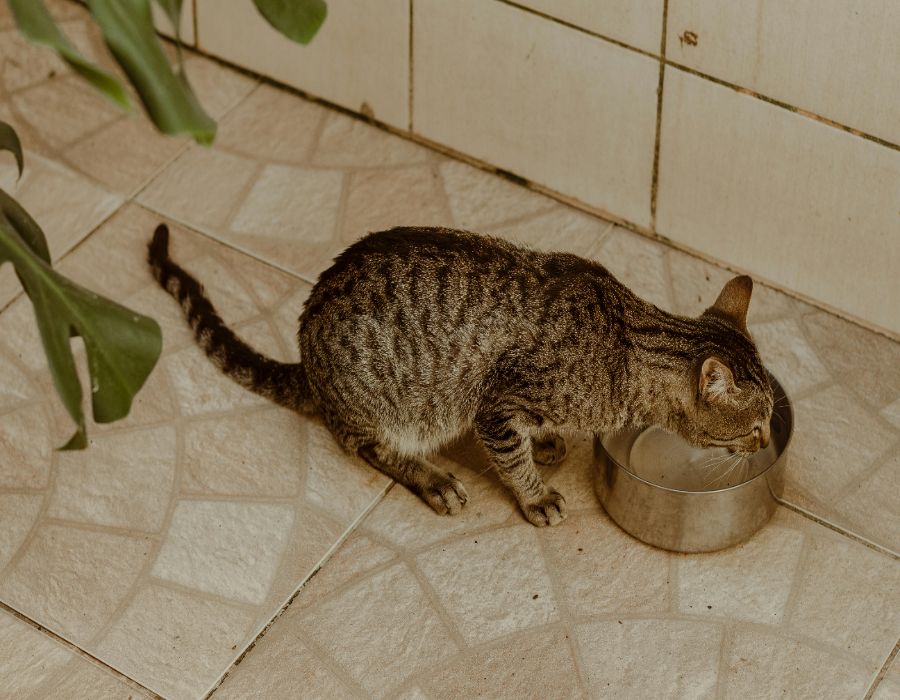
Cats are notorious for not drinking enough water, which can lead to urinary tract problems and kidney disease. Many cats prefer running water or wet food. Try incorporating a pet water fountain or wet food into their diet to encourage better hydration.
Over-Socializing Your Cat Can Backfire

Not all cats are social butterflies. Pushing a cat to interact with too many people or other pets can lead to stress and behavioral issues. Respect their boundaries and provide a safe space where they can retreat when they need to recharge.
Cats Are Highly Prone to Hyperthyroidism as They Age
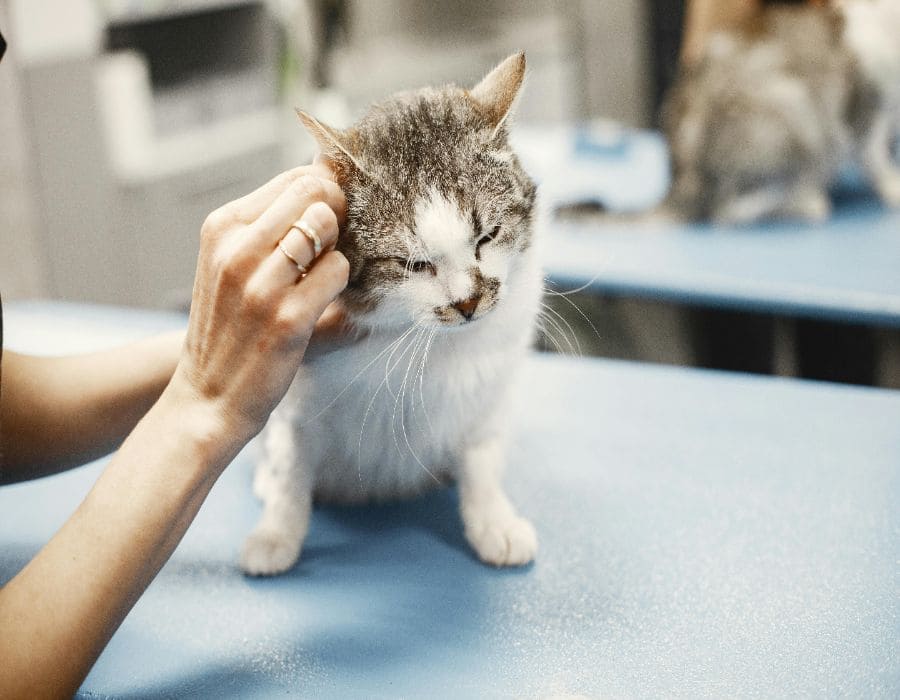
Hyperthyroidism is one of the most common endocrine disorders in older cats. It can lead to weight loss, excessive thirst, and irritability. Regular blood tests after the age of 8 can help detect this condition early, making treatment much more effective.
Understanding Your Cat’s Needs

Caring for a cat requires more than just feeding, cleaning, and petting. To truly understand your cat’s well-being, it’s important to pay attention to the subtle signs that reflect their health. By following these expert-level tips, you can ensure a long, happy, and healthy life for your feline friend.

